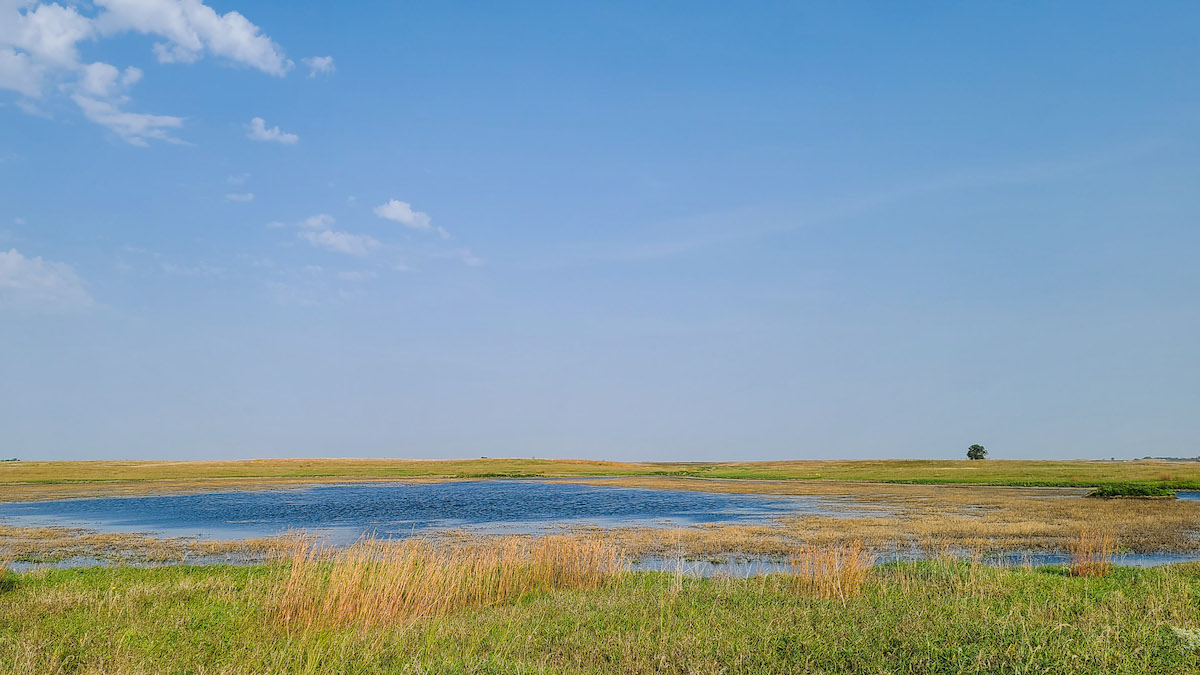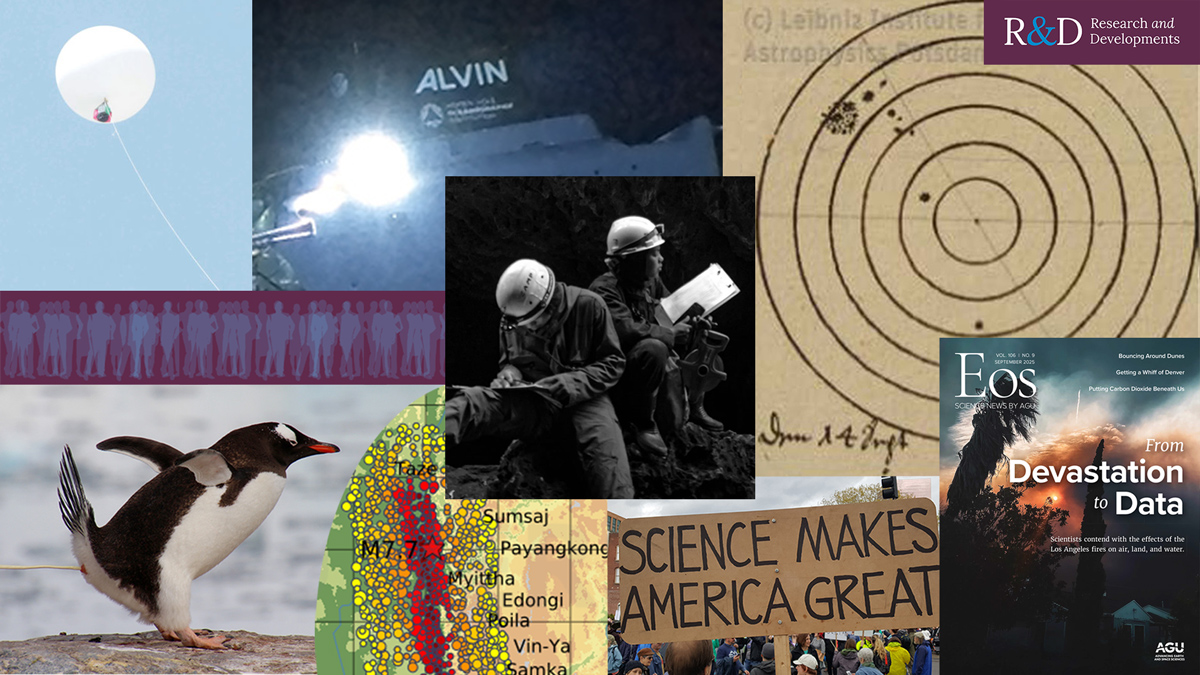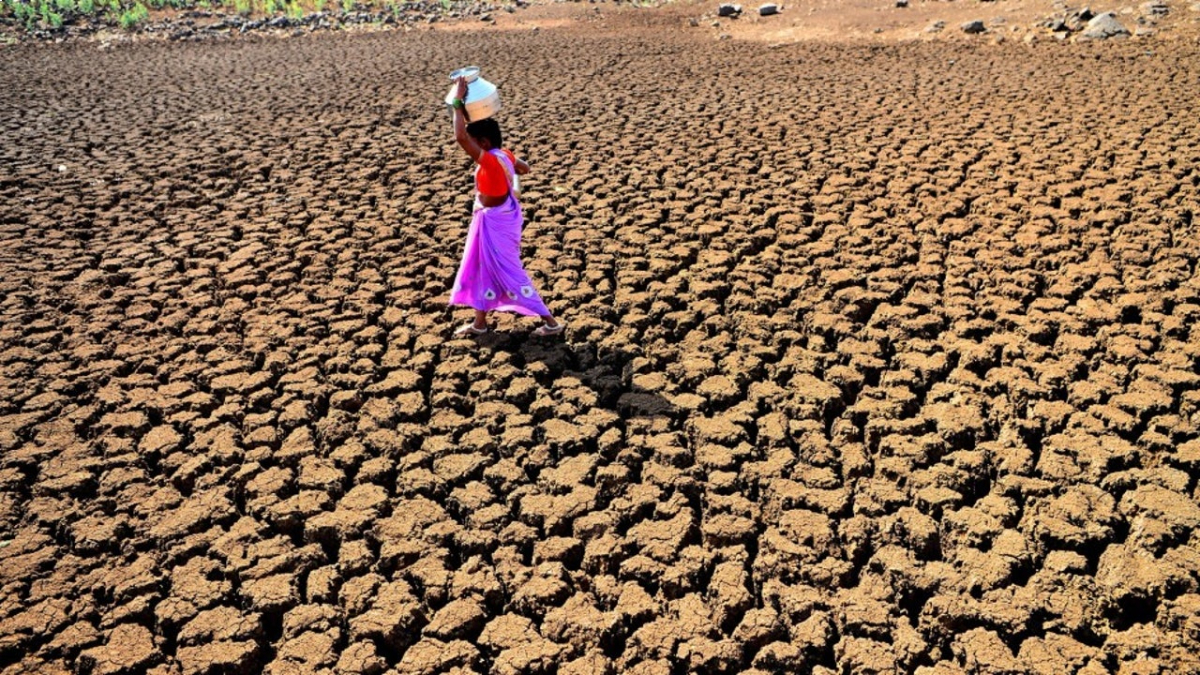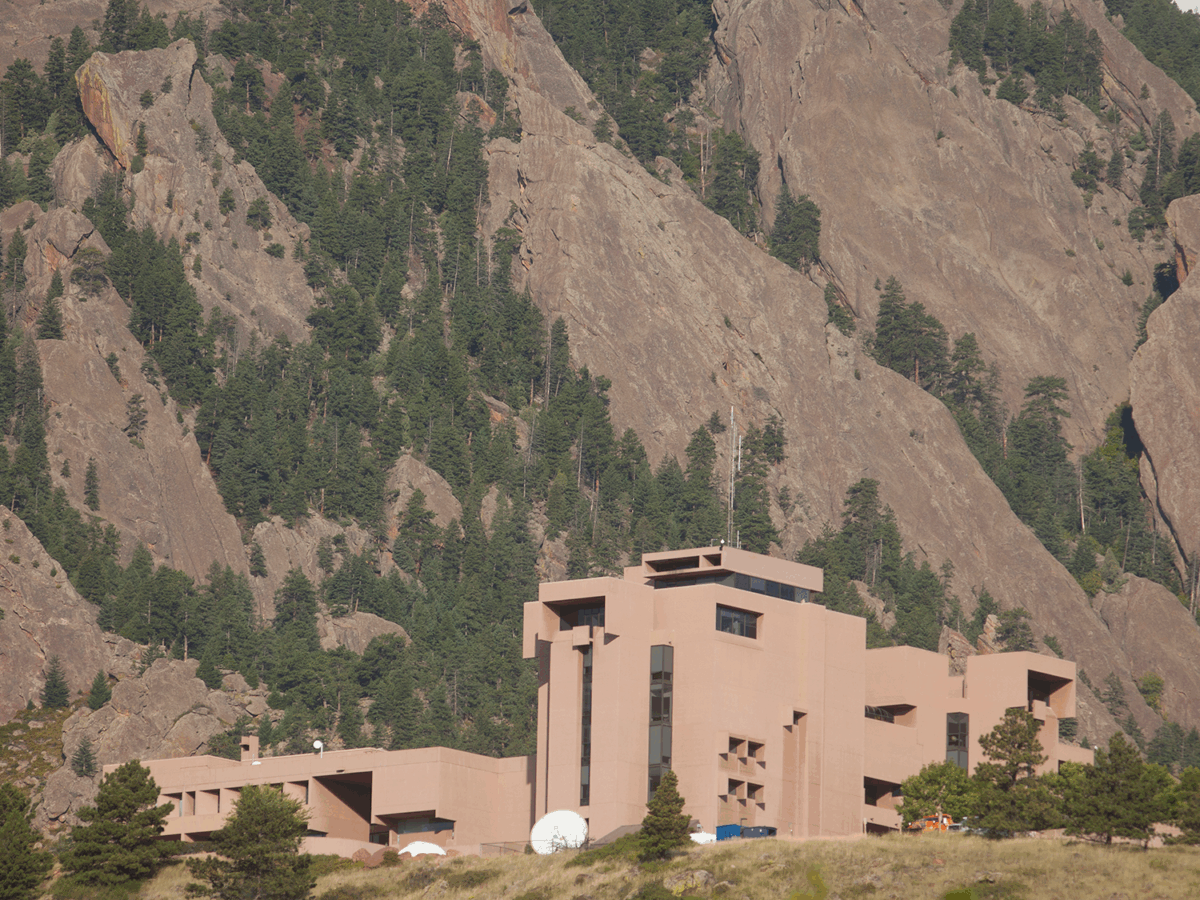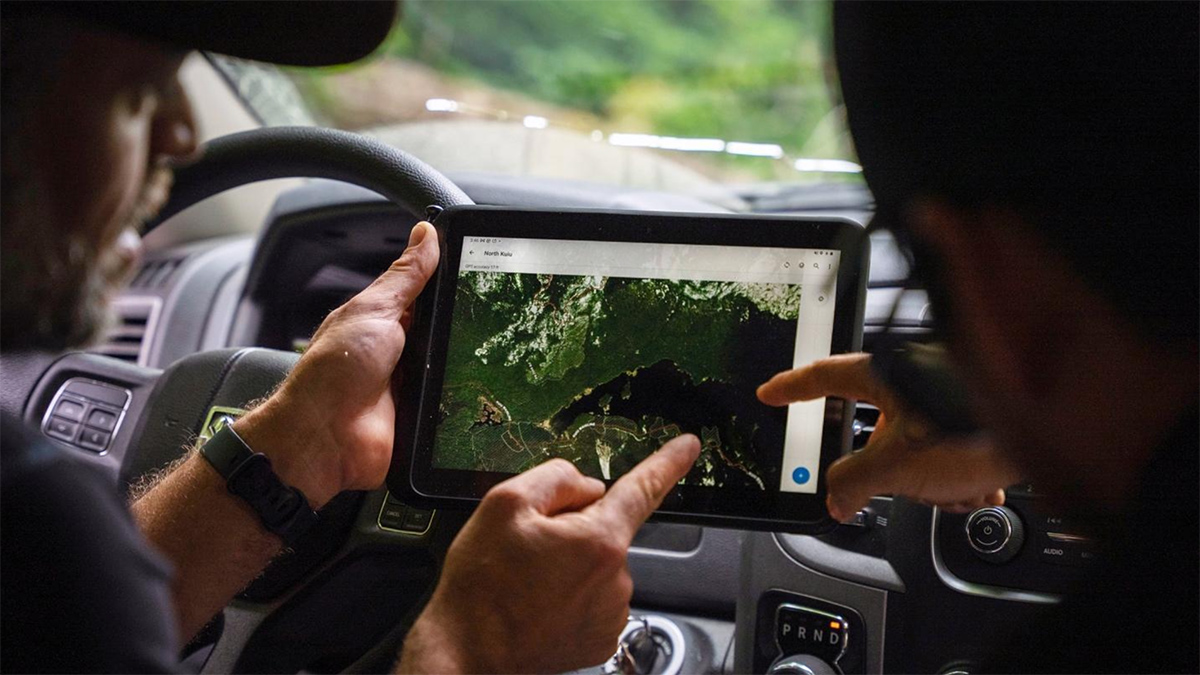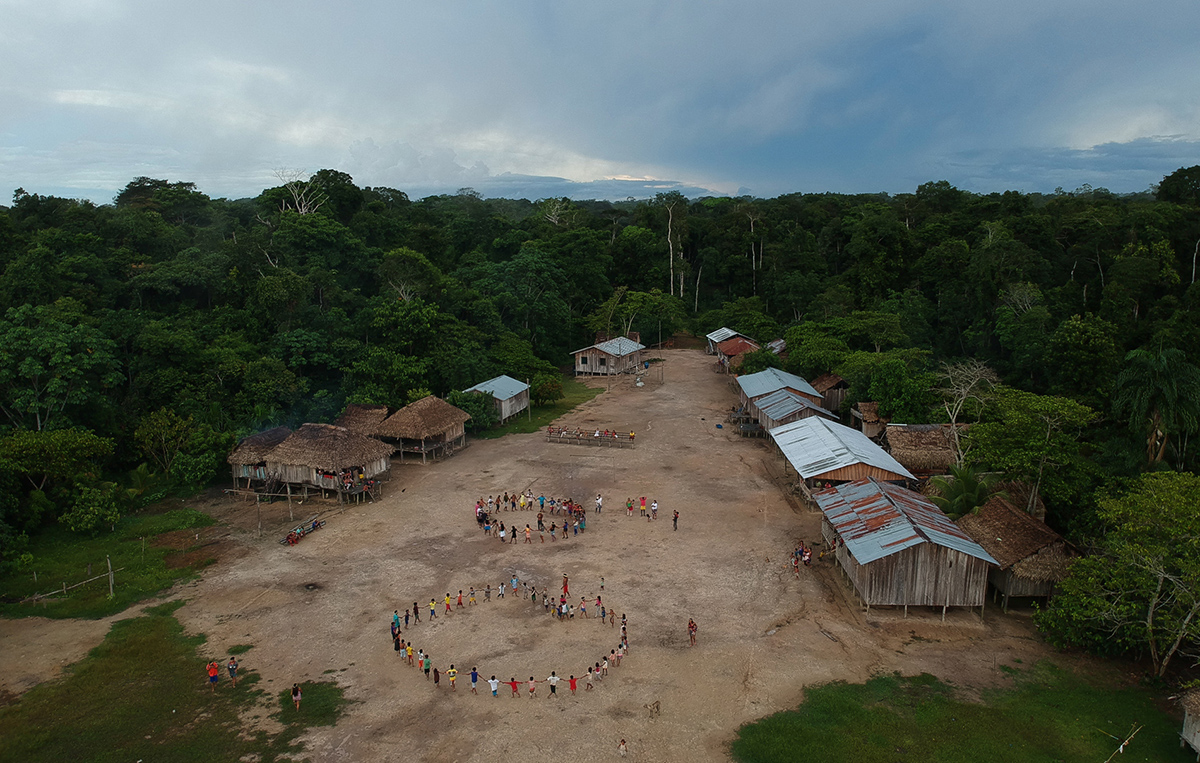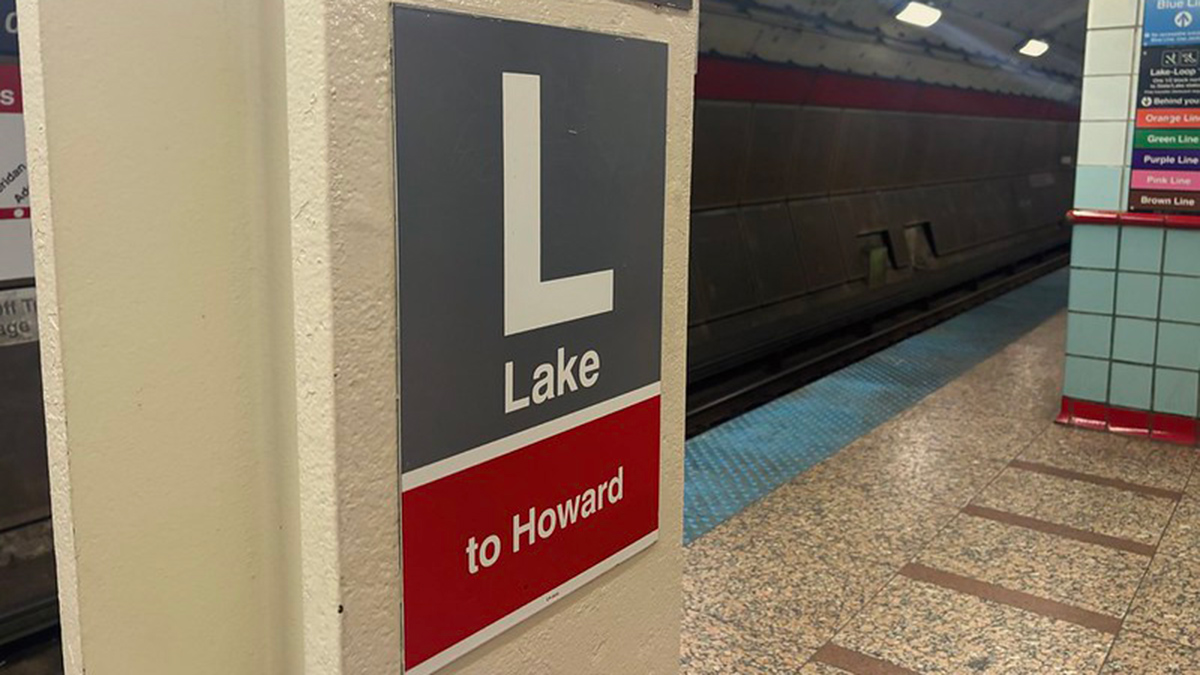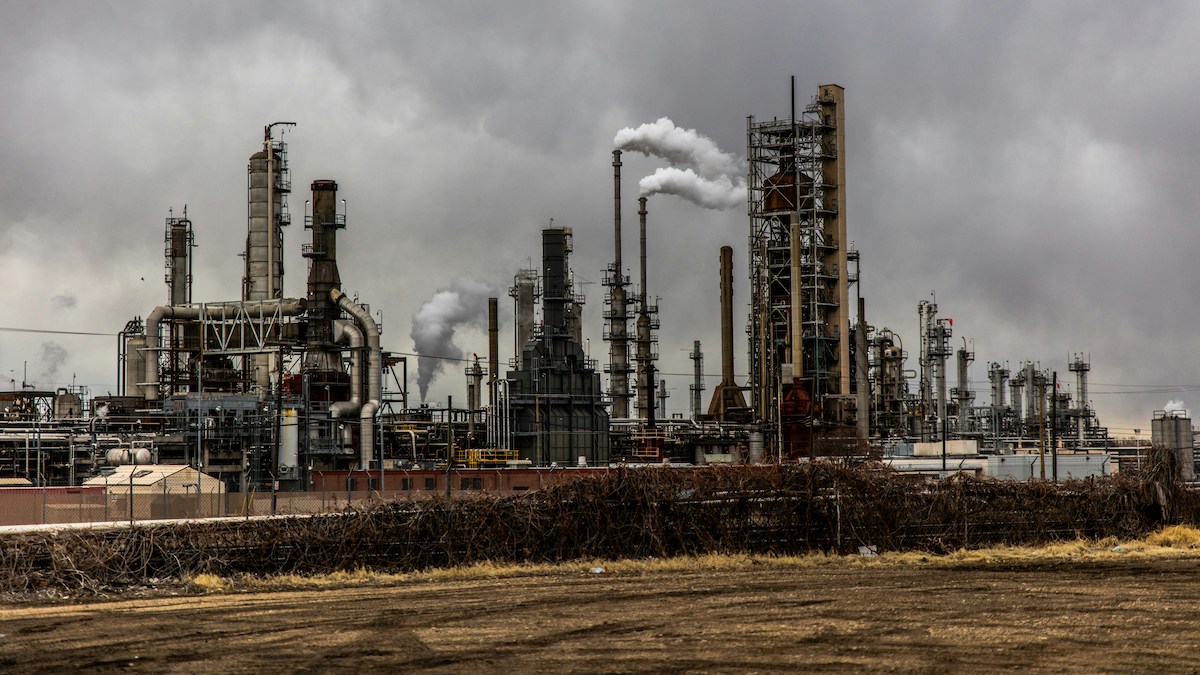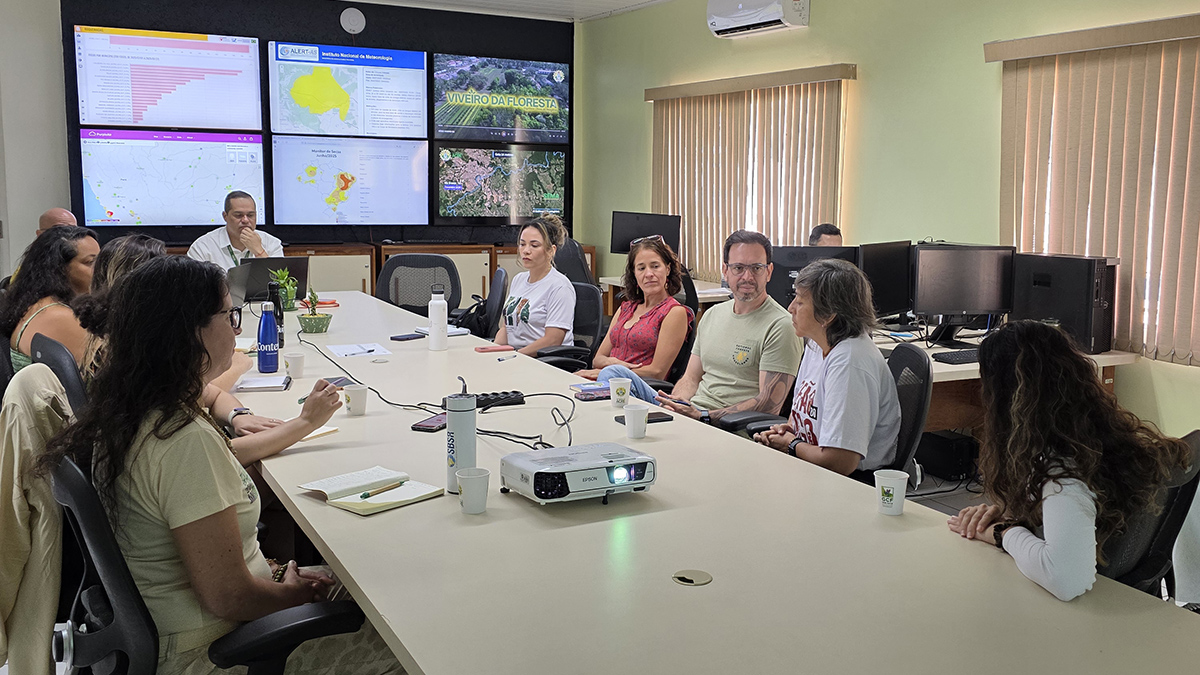Today, top appropriators in the U.S. Senate and House of Representatives released a three-bill appropriations package for fiscal year 2026 (FY26) that largely rejects drastic cuts to federal science budgets that President Trump proposed last year.
science policy
After Sackett, a Wisconsin-Sized Wetland Area Is Vulnerable
An analysis of wetland legal frameworks shows how water rules could leave millions of hectares without meaningful protections.
Our Favorite Science Stories of 2025
What Earth and space science stories stood out this year?
Democracy and Education Increase Women’s Belief in Climate Change
The finding, which focuses on lower-income countries, could help inform plans to shrink the global climate knowledge gender gap.
Trump Administration Plans to Break Up NCAR
The Trump administration is planning to dismantle the National Center for Atmospheric Research, one of the world’s leading climate and Earth science research laboratories, according to a statement from Russ Vought, director of the White House Office of Management and Budget, to USA Today.
Amid the Arctic’s Hottest Year, Arctic Science Faces a Data Deficiency
The 20th annual Arctic Report Card reveals new highs in temperature and new lows in sea ice, as well as an uncertain outlook for the availability of federal data.
Fire Encroaches on One of the Amazon’s Most Pristine Indigenous Lands
New research shows how recurring wildfires in the buffer zones around Brazil’s Vale do Javari may undermine one of the Amazon’s last great refuges for isolated Indigenous peoples.
City Dwellers Face Unequal Heat Exposure En Route to the Metro
Socioeconomic factors drive how much extreme heat public transit users in Chicago, NYC, and Washington, D.C., experience as they walk to and from metro stations.
EPA to Abandon Stricter PM2.5 Air Pollution Limits
The U.S. Environmental Protection Agency moved this week to reduce limits on fine particulate air pollution, including soot, set by the Biden administration last year.
En algunas partes de la Amazonia brasileña, la ciencia lidera la lucha contra los incendios forestales
El estado de Acre utiliza la ciencia para optimizar sus limitados recursos para monitorear y combatir los incendios forestales y la destrucción ambiental.


